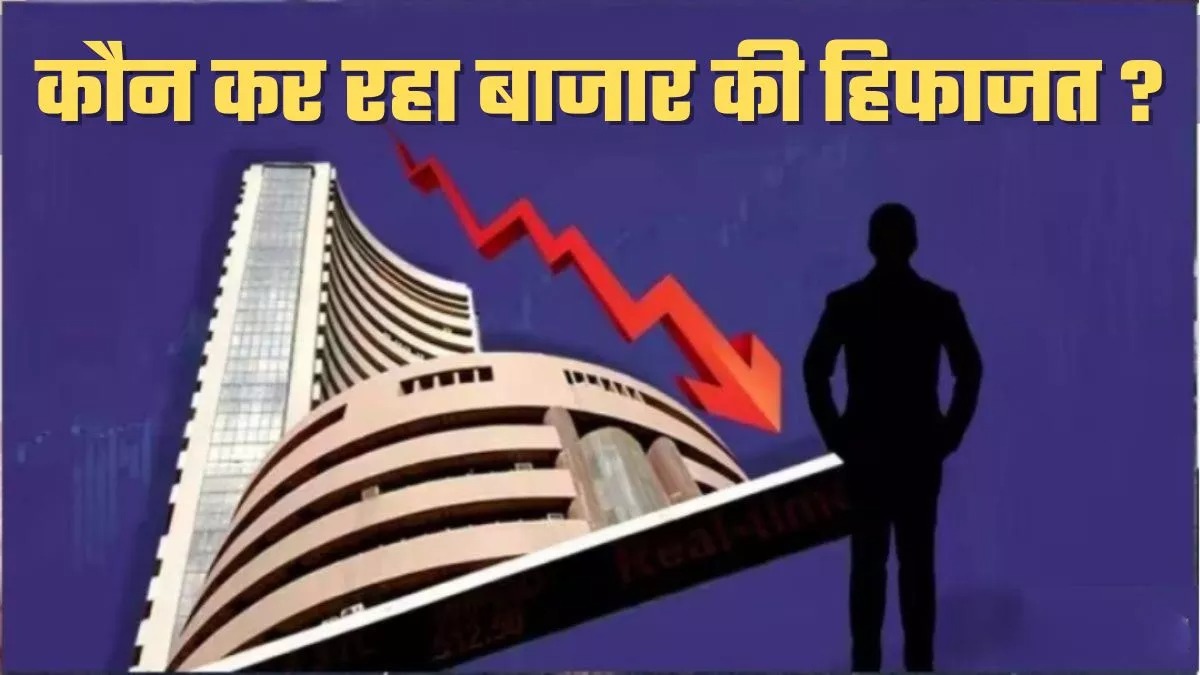
There was a time when the Sensex would panic and the market would be in a state of panic if foreign institutional investors (FIIs) turned their back on the market. After the Corona epidemic, like manufacturing, the market is also gradually becoming self-reliant. The inclination of domestic institutional investors towards the market is constantly increasing and due to them, the market's dependence on FIIs is decreasing.
Over 1 lakh crore worth of sales in October
In the month of October itself, FIIs withdrew more than Rs 1 lakh crore from the Indian market, but the market still did not fall as badly as it used to earlier. Because in the month of October last year, domestic institutional investors (DIIs) made the highest ever monthly investment of Rs 1 lakh crore in the domestic market.
According to the data of the stock exchange, in October this year, FIIs sold shares worth Rs 413,706 crore and bought shares worth Rs 299,260 crore. This means that they sold shares worth Rs 1,14,445 crore more than they bought. On the other hand, DIIs bought shares worth Rs 340,159 crore and sold shares worth Rs 232,904 crore in the month of October. This means that domestic investors made a net purchase of Rs 107,254 crore.
FII's emphasis on selling in the current financial year
In the current financial year 2024-25, FIIs have sold more than bought in April, May, August and October, but DIIs have been buying more than selling in every month after July last year which shows the growing confidence of Indian investors in their market.
Before October this year, DIIs had made the highest net purchase of Rs 56,311 crore in the month of March. On Monday also, FIIs sold more than they bought by Rs 4329 crore while DIIs bought more than they sold by Rs 2936 crore.
It can fall up to 15% instead of 8%
Gaurav Garg, Research Analyst of Lemon Market Desk, says that despite the outflow of more than one lakh crore rupees of investment in the month of October, the Sensex has declined by 8 percent from its peak level, whereas if this had happened a few years ago, the market would have declined by 10-15 percent. It is the strength of Indian investors that has saved the market.
At the end of September this year, the Sensex had crossed the 85,800 mark. In the last four years, the number of demat accounts required for trading in the market has increased from three crores to over 18 crores. According to experts, the ever-increasing trend among retail investors towards Systematic Investment Plan (SIP) and Mutual Funds is leading to an increase in DII.
Read More: US Market: US markets saw a sharp decline, AI tensions weighed on investors.
--Advertisement--

 Priya
Priya Share
Share



